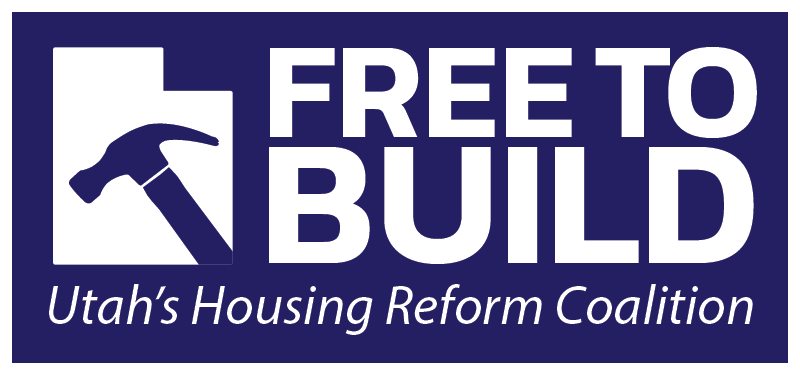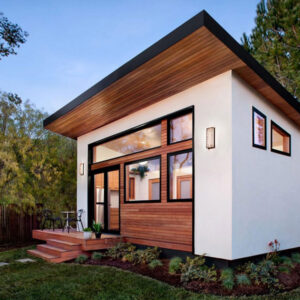
Resource Center
- Free to Build Has Tools And Policies Let Residents and Local Officials Take Action.
Model Ordinances
Free to Build is about much more than housing — we’re here to help with ready-to-run model ordinances that make cities
Accessory Dwelling Unit (ADU) Model Ordinance
Allow small, flexible housing for a variety of uses
Home-Based Business Model Ordinance
Legalize microbusinesses without burdensome regulation
Food Truck Model Ordinance
Everybody loves street tacos -- make them legal in your community
Accessory Dwelling Unit (ADU) Model Ordinance
Allow small, flexible housing for a variety of uses
Home-Based Business Model Ordinance
Legalize microbusinesses without burdensome regulation
Food Truck Model Ordinance
Everybody loves street tacos -- make them legal in your community
How We Works
Our Working Process
Lorem ipsum dolor sit amet, consectetur adipiscing elit, sed do eiusmod tempor incididunt ut labore et dolore magna aliqua.
Choose Your Service
Lorem ipsum dolor sit amet consecte.
01.
Make Appointment
Lorem ipsum dolor sit amet consecte.
02.
Go To Your Place
Lorem ipsum dolor sit amet consecte.
03.
04.
Need Our Help ?
Don't Hesitate To Contact Us
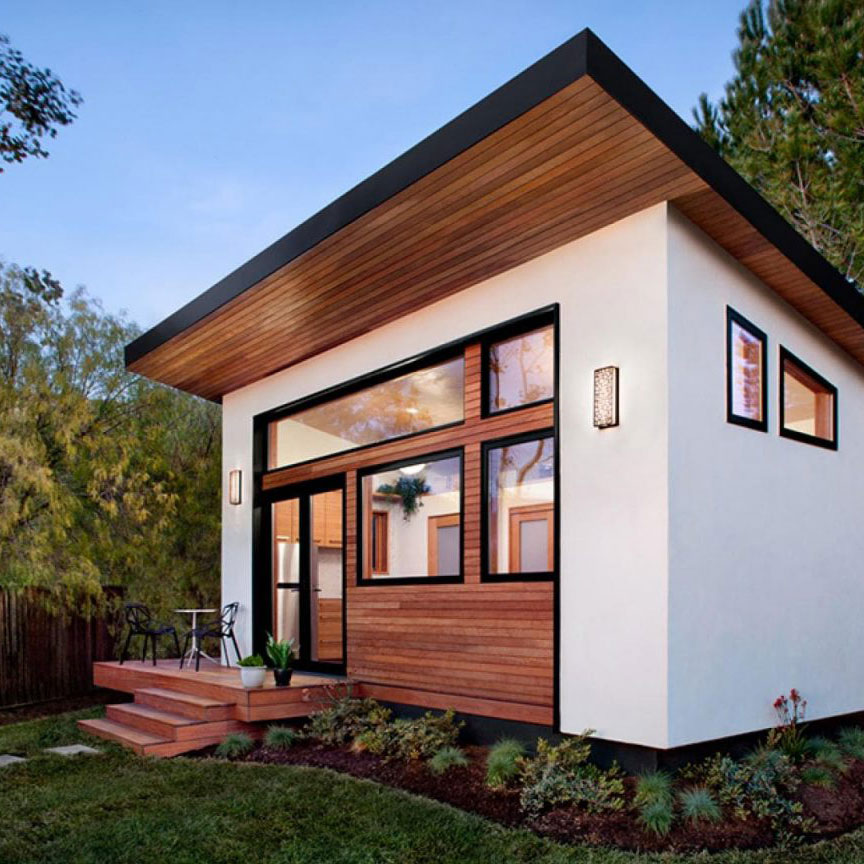
If You Need Help, Get A Consultation
Accessory Dewlling Units
Small, flexible housing for a variety of uses.
An Accessory Dwelling Unit (ADU) is a small, attached or detached housing unit that exists alongside existing single-family housing. In the past they were sometimes called "granny flats" or "mother-in-law" cottages.
ADUs have a unique place in the housing ecosystem, adding light-touch density to existing neighborhoods without dramatic changes in character or traffic.
We like 'em! ADUs are a tool that gives homeowners a path to rental income or multigenerational housing without homeowners needing to move or neighborhoods needing to dramatically change.
Small-lot Starter Homes
Smaller homes with permanent foundations on smaller lots that police officers, firefighters, and the middle-class can afford.
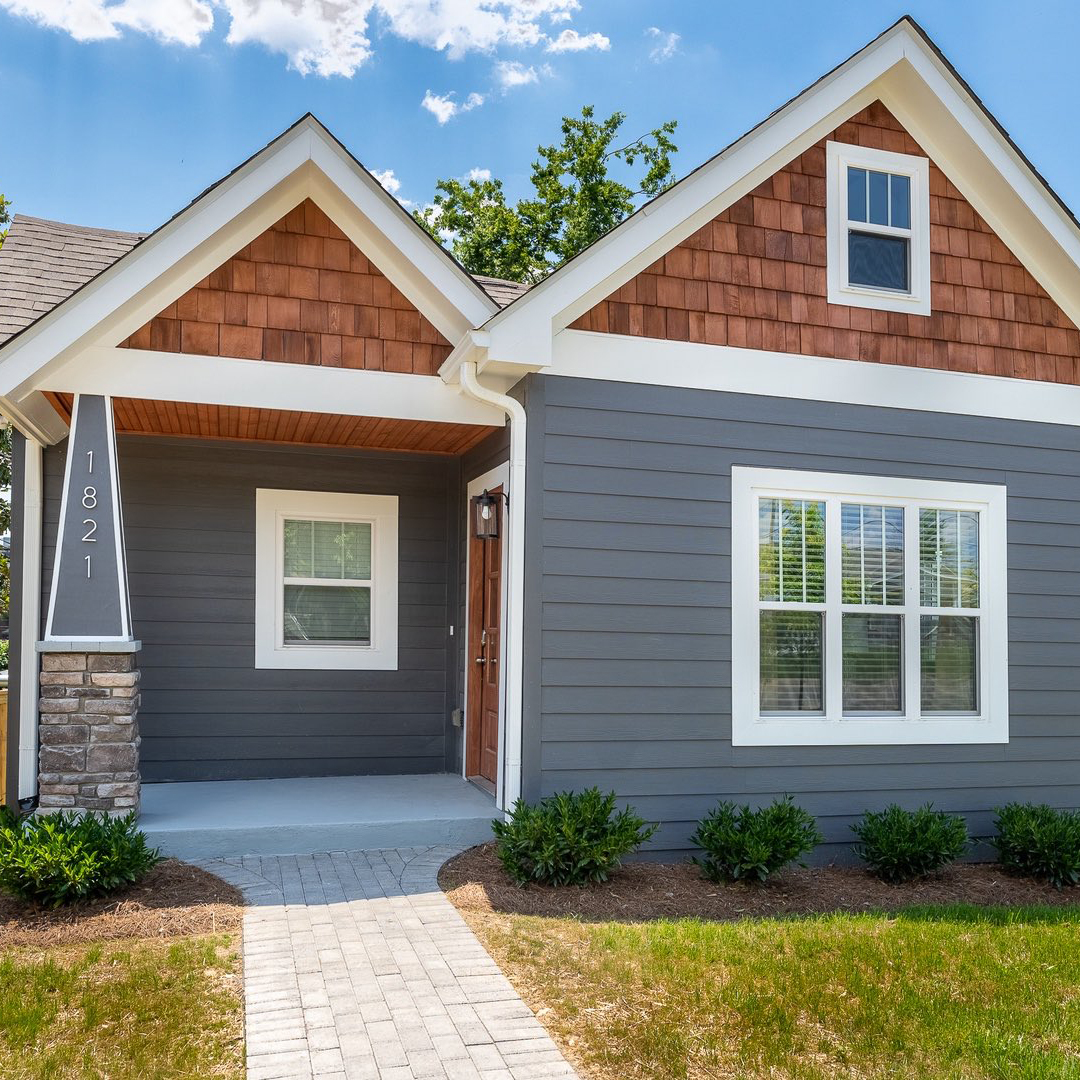
What’s a small-lot starter home? A house that sits on a piece of land about 1/8th of an acre (5,445 sq. ft) in size. Found in many cities and towns of the past, small lots were the foundation of starter homes throughout the country.
What’s Free to Build’s take? We love ‘em! With changes to minimum lot sizes, subdivision, and home setback requirements, starter homes can deliver affordability for aspiring homeowners.
Cottage Court Homes
One of the most cost effective ways to build detached housing.
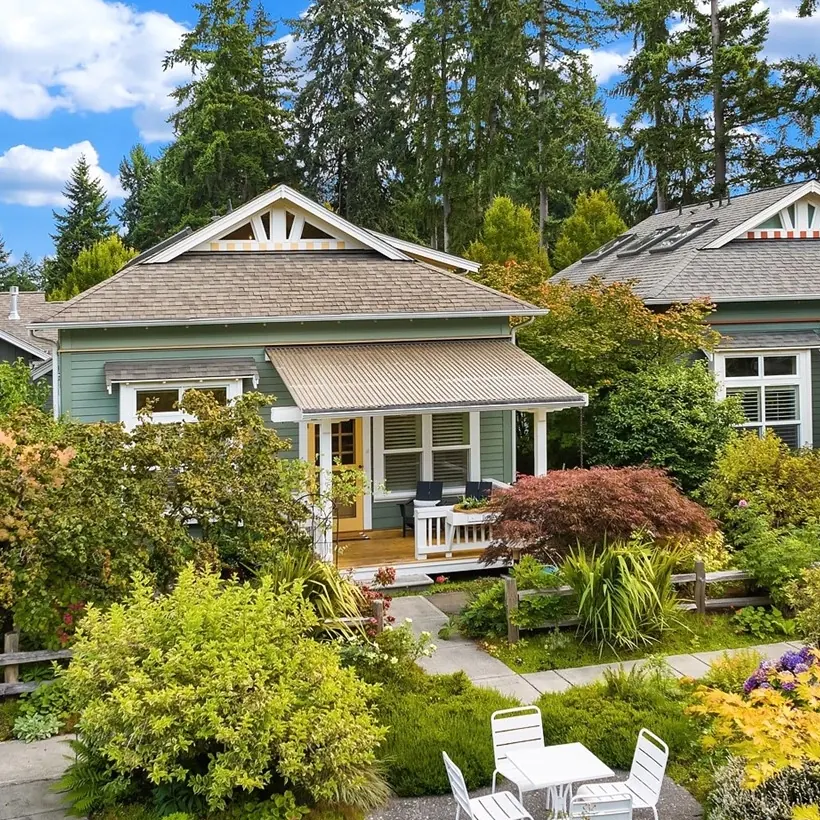
What’s a cottage court home? A cottage court is a cluster of homes arranged around a shared courtyard, clubhouse, garden, or other amenity. Typically, the homes are on lots about 2,000 sq. ft. in size and often achieve privacy through extensive use of trees and vegetation.
What’s Free to Build’s take? Cottage courts are great because they provide family-friendly home ownership at condominium pricing.
Accessory Dwelling Units
Small, flexible housing for a variety of uses.

What’s an ADU? A small, attached or detached housing unit that exists alongside existing single-family housing. In the past they were sometimes called “granny flats” or “mother-in-law” cottages. ADUs have a unique place in the housing ecosystem, adding light-touch density without dramatic changes in character or traffic.
What’s Free to Build’s take? We like ’em! ADUs give homeowners rental income or multigenerational housing without needing to move or neighborhoods needing dramatic change.
Home-Based Businesses
Community health, safety and resilience starts with letting people earn a living.

What’s a home-based business (HBB)? A small enterprise operated on a residential property and typically without heavy customer traffic.
What’s Free to Build’s take? If the impact of the home-based business would have approximately the same impact on a neighborhood as any other residence, then it should be allowed.
Impact Fees
New development costs communities money — but there are better and worse ways to account for that.
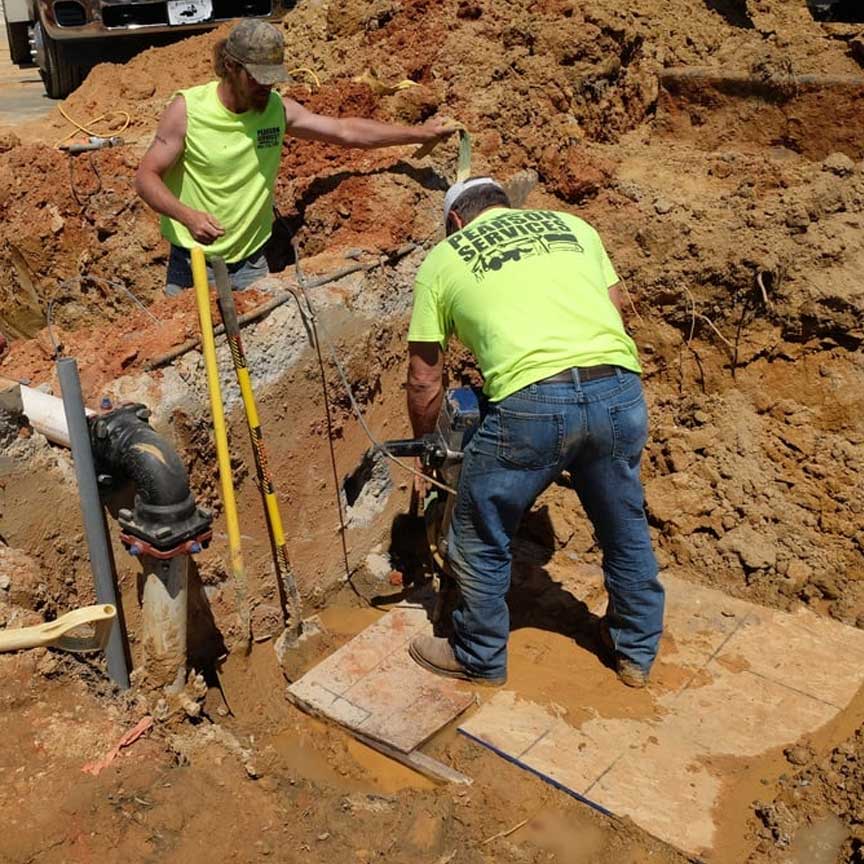
What are impact fees? Mandatory expenses, typically tied to new development.
What’s Free to Build’s take? If used properly, impact fees are a way to have new growth pay for itself. But punitive or exorbitant fees merely pass along communitywide costs to a small portion of the population.

